Blessington Tidy Towns Chairperson Jason discusses the impact Tidy Towns volunteers are making in Blessington, Co. Wicklow.
Jason Mulhall, Blessington Tidy Towns
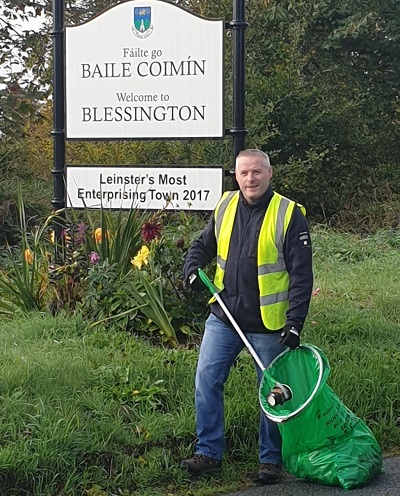

Blessington Tidy Towns Chairperson Jason discusses the impact Tidy Towns volunteers are making in Blessington, Co. Wicklow.
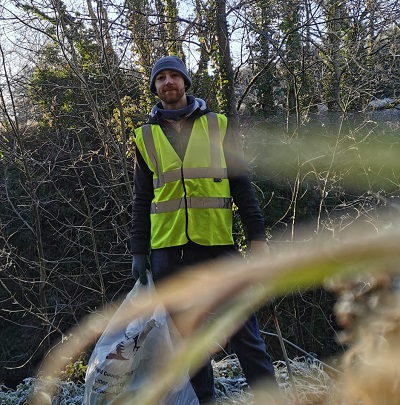
Adam Masterson is a student and volunteer who is passionate about protecting our natural environment.
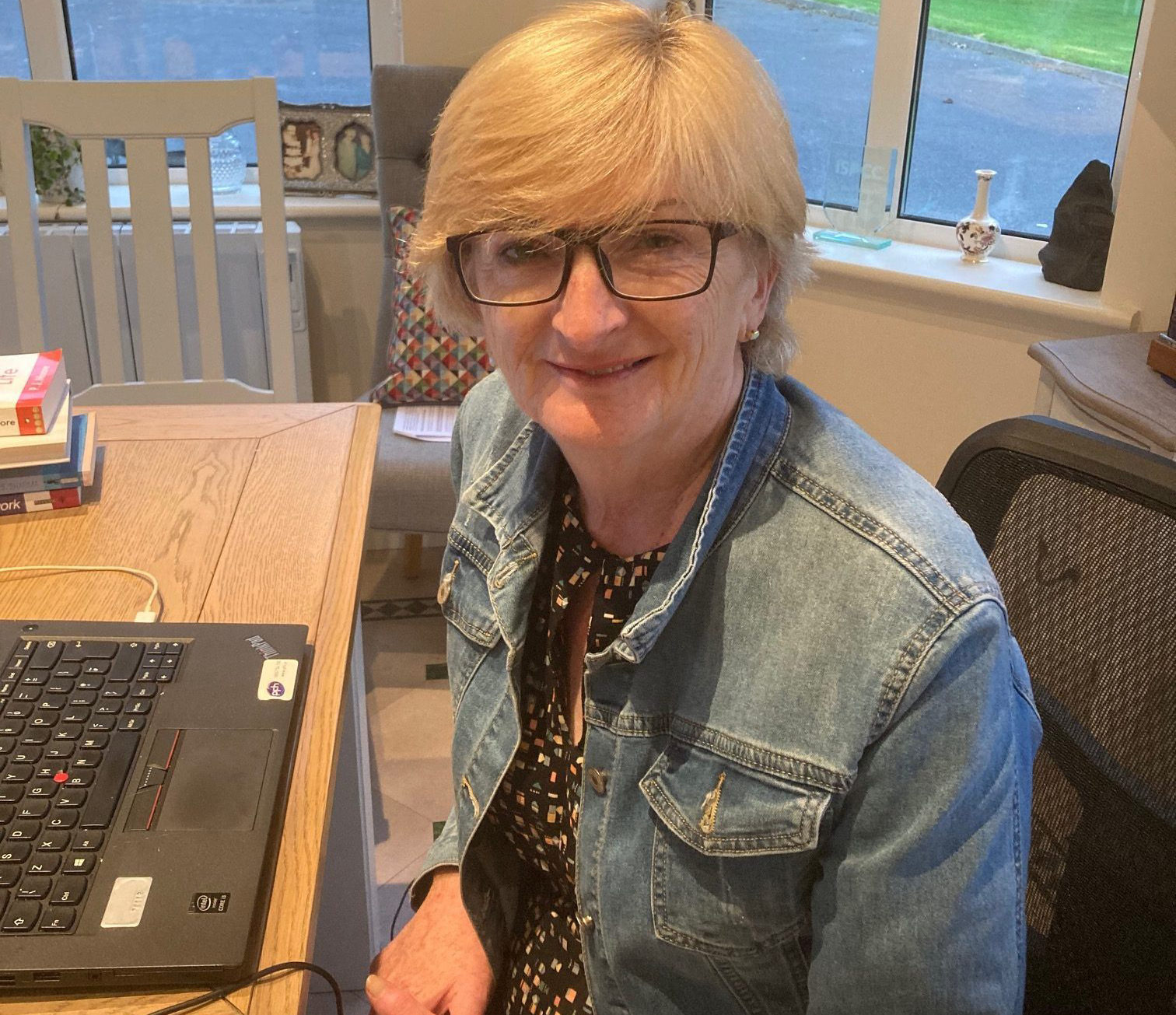
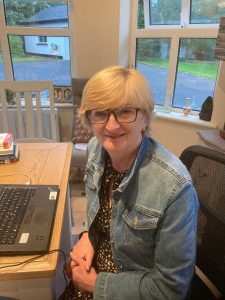 Mary Rice volunteers with ISPCC Childline in Castlebar, Co. Mayo. This National Volunteering Week she tells us why she volunteers, what it’s like and why she’d recommend it to everyone.
Mary Rice volunteers with ISPCC Childline in Castlebar, Co. Mayo. This National Volunteering Week she tells us why she volunteers, what it’s like and why she’d recommend it to everyone.
Mary began volunteering with Childline in 2012 following the passing of her husband. With two children in college, she wanted to do something for herself and to set an example they could follow. Eight years later and Mary hasn’t looked back! In fact, she’s already talking about giving more time once she retires.
Mary spends 4 hours a week (6pm – 10pm every Saturday) with Childline’s phone service. Mary’s role is to listen to any children that contact the service online, by phone or by text and give them a safe space to talk. The aim of the service isn’t to give advice but rather to listen to children, to support them, empower them and work to strengthen their resilience to help them cope with challenges they may face. Children don’t need to have a problem to call, they can simply ring up for a chat if they like. According to Mary, it can be something as simple as sharing the news that they got a new pet – it’s all about creating the space to talk.
One of the first things Mary points out when we chat is that she gets just as much out of it as she gives. “I absolutely love it; I find it very fulfilling. It so quickly became a part of my life”.
Mary also acts as a mentor to new volunteers, supporting them and helping them get used to the role. “We have such a fantastic team in Castlebar. I’m in my early sixties and volunteer with people in their late teens and early twenties. It’s such a great mix of people and we all get on so well”.
Finally, I asked Mary what she would say to other people thinking of volunteering. “There are so many opportunities for people to get involved and you really do get a lot more out of it than you give. Giving back to the community is a wonderful thing to do; I’d recommend it to anyone”.
Anyone interested in volunteering with the Childline service can find out more at ISPCC.ie.
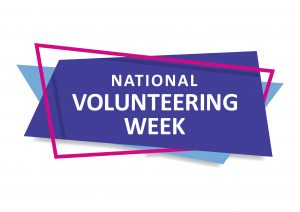
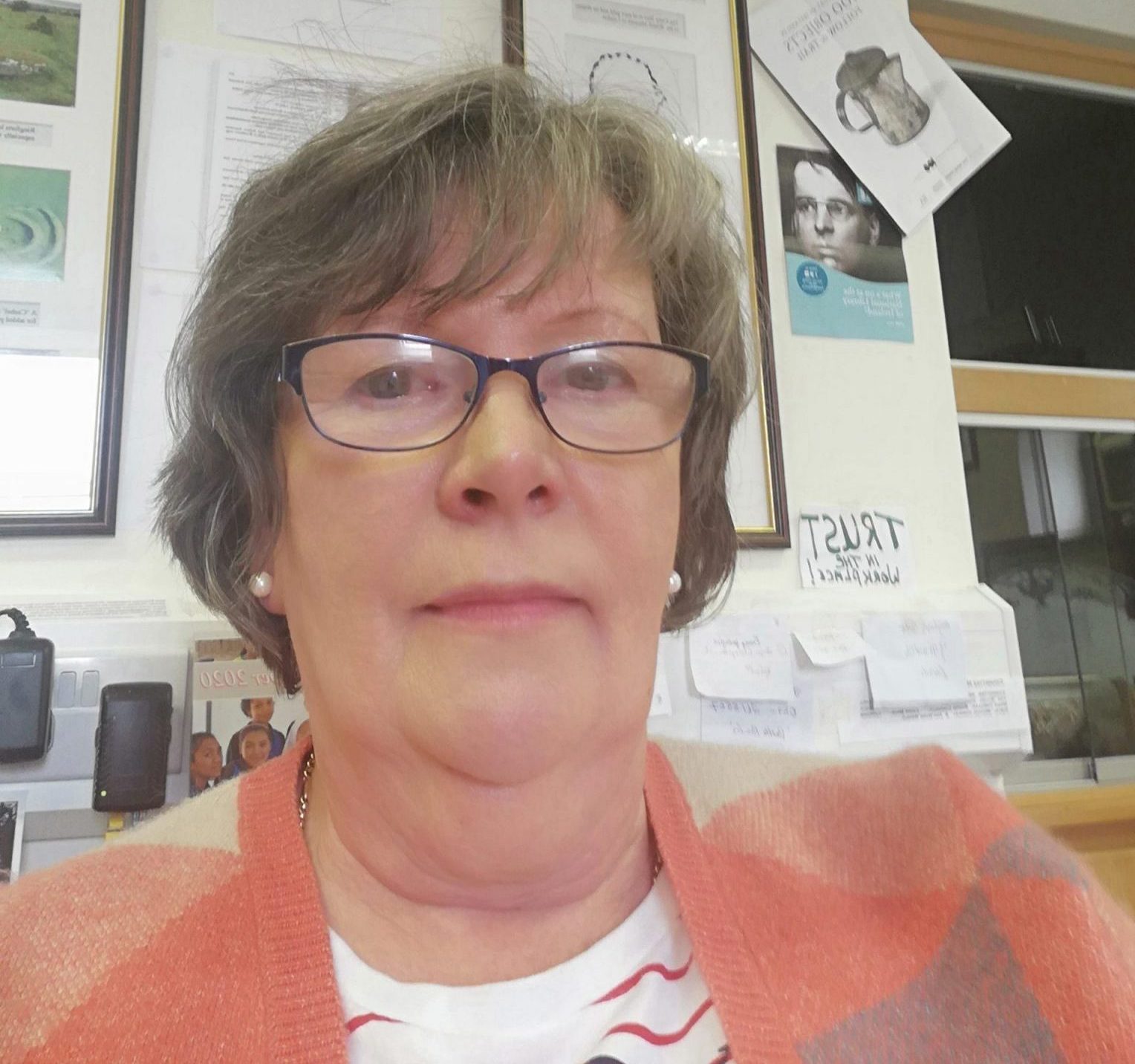
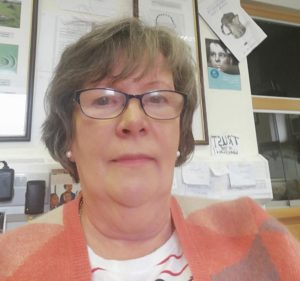 Martina Brennan is the Coordinator of the Friendly Call Service in Moylough, Co. Sligo. This National Volunteering Week, we chatted to Martina about the importance of the service, what she gets out of it and why volunteers are so important.
Martina Brennan is the Coordinator of the Friendly Call Service in Moylough, Co. Sligo. This National Volunteering Week, we chatted to Martina about the importance of the service, what she gets out of it and why volunteers are so important.
Martina has been the Coordinator of the Friendly Call Service since it was established in 2011. The service provides regular ‘friendly calls’ to elderly people living alone or in isolation in the local area. Although Martina is employed by Sligo Leader, she volunteers even more hours beyond her contract to make sure no-one is left behind.
According to Martina, the service is vital for those that use it. “For some people, the phone call might be the only interaction they have all week.” The service was originally set up with the idea of making calls to people once a week but since the onset of COVID-19 that has all changed.
“As soon as the pandemic began, I asked people if they’d like to be called more often than once a week. Now I phone 25 people each day. We talk about whatever they want – the weather, television, even the pandemic”. The most important aspect, Martina points out, is that it’s only a chat – she doesn’t ask any personal questions or give any advice.
I ask Martina what she gets out of it and the answer was clear – quite a lot! “I’m a really sociable person and I like talking to people. Some days you can wake up in a bad mood but making these calls always cheers me up – it does you the world of good! Older people have lots to give and it’s wonderful to hear their stories, especially about the history of the local area”.
Martina will be retiring in November but hopes to still give some time volunteering to the service. Sligo Volunteer Centre are currently recruiting volunteers to support the service here.
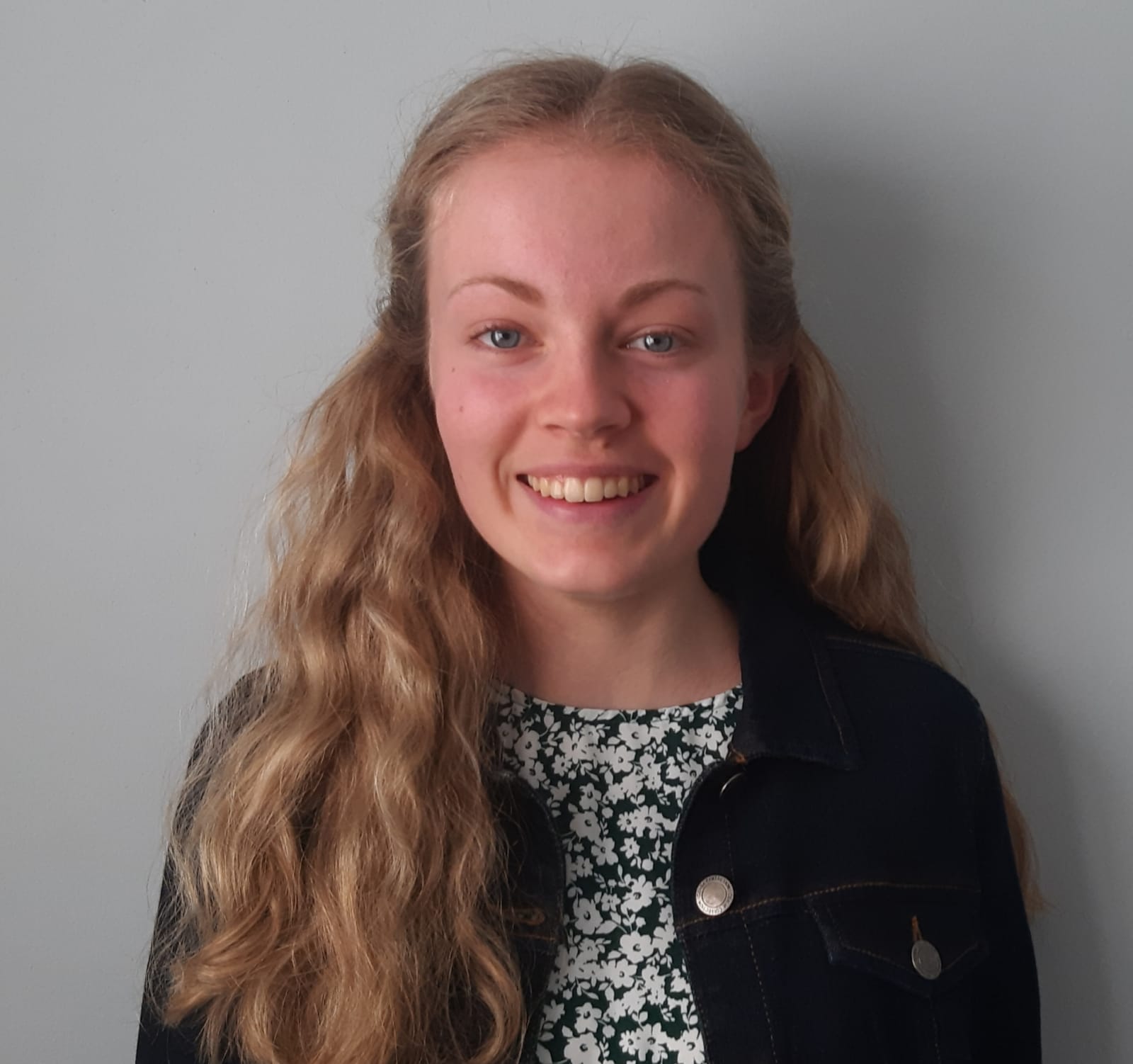
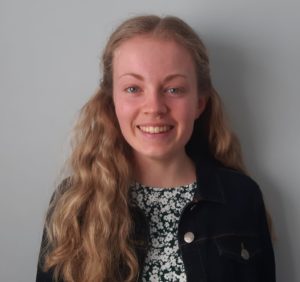 Orla Leahy is a student from Cork who is currently going for her Gaisce Gold Award. Here she tells us how COVID-19 has affected her, how she has adapted her Gaisce challenges and how she’s been volunteering from home.
Orla Leahy is a student from Cork who is currently going for her Gaisce Gold Award. Here she tells us how COVID-19 has affected her, how she has adapted her Gaisce challenges and how she’s been volunteering from home.
The toughest thing right now is not being able to see my friends and extended family, especially my grandparents. I would have visited my grandparents regularly. I think the biggest thing we all probably miss is our freedom. I had just passed my driving test before the current restrictions were put in place. I was extremely lucky to be able to do my test, and to pass, but it’s been a bit anticlimactic not being able to drive anywhere. It’s such a rite of passage to learn to drive in the first place. I was hoping to drive to the gym and swimming pool to undertake the Physical Recreation challenge area for Gaisce, but now I’m confined to doing all my Gaisce at home. You really have to get creative!
I’m currently studying for my Leaving Cert which is taking up a lot of time of course, but I’m making sure I’m taking lots of breaks. My family created two raised beds in the garden where we’re growing things like onions, courgettes and herbs. We’ve also built a greenhouse which has been very a very exciting project as we’ll be able to grow things from seed.
I’m making sure I keep up with other things I love too like my GAA skills. Before the outbreak, I used to train the local U12 girls football team, which I miss doing an awful lot.
I find doing Gaisce has been a welcome distraction as it’s something else to focus on other than the Leaving Cert and the current restrictions. It’s hard when you’re at home all the time to stay positive, but I’m finding working towards my Gold Award keeps me motivated and gives me something to look forward to. Gaisce for me is a way of promoting positive mental health and I think it’s bringing an air of normality to daily life which I welcome wholeheartedly!
I’ve had to change two of my Challenge Areas due to the current restrictions, my Community Involvement and my Physical Recreation. For my Community Involvement I was training the local U12 girls in Gaelic football, but now I’m knitting for the Innocent Big Knit for Age Action Ireland. My mom has been knitting too, so it’s something we can do together. My nana taught both of us how to knit which is nice as it brings her closer to us even though we can’t see each other.
I’ve had to change my Physical Recreation from gym work and swimming to Joe Wicks classes. They’re easy to follow along with and my family join in too which is good, because we’re not able to do our usual exercise.
Luckily, I’ve been able to keep up my Photography for my personal skill. I’ve been editing photos I’ve taken on my laptop, which is very relaxing and another way I can unwind these days.
Three friends and I had been planning our Gold Adventure Journey for this summer in the South of England. Unfortunately, it’s very unlikely that that will go ahead, but we’re adamant we make alternatives. It may be next year or going on an Adventure in Ireland instead, but having something to look forward to beyond the Leaving Cert and Covid 19 restrictions is of huge benefit to all of us.
Otherwise, I recommend that everyone tries to stick to a routine, I’m certainly finding the routine of Gaisce beneficial. Plan what you’re going to do for the week and try to stick to it as best you can.
If you want to learn more about Gaisce at Home, check it out here.
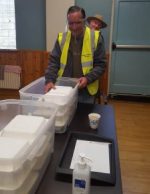
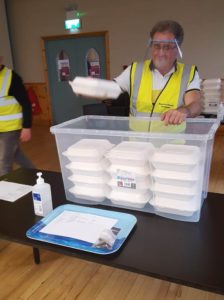 Russell Bevan is the Secretary of, Farranree Community Association, a small charity on the North side of Cork City that provides the Meals on Wheels service to the elderly and vulnerable in the local and surrounding areas. He tells us how the coronavirus has affected their services and how they have coped.
Russell Bevan is the Secretary of, Farranree Community Association, a small charity on the North side of Cork City that provides the Meals on Wheels service to the elderly and vulnerable in the local and surrounding areas. He tells us how the coronavirus has affected their services and how they have coped.
We have been operating for many years and have had to rely on a small band of very loyal volunteers, 5 in number, for the most part, to ensure that the service is maintained. Prior to the outbreak of the coronavirus we used to provide on average 60 hot meals four days a week that were prepared and cooked in the Community Centre that we worked out of by two staff members.
Then along comes coronavirus to cause chaos and force us into alterations that we could never have envisaged, we could no longer all get together, we could no longer use stainless steel dishes to transport the meals, we could no longer cross the threshold into the recipients’ residence, we could no longer do any small tasks for them.
It has caused a lot of upheaval but with the right people and a can do attitude, we have managed to continue running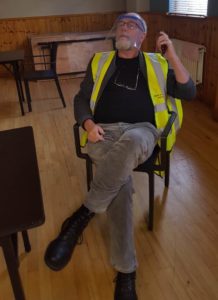 the service without any interruption to our normal timetable.
the service without any interruption to our normal timetable.
Admittedly, administratively it has been a massive task to implement almost overnight but we have managed it by introducing signage all through the Centre instructing staff and volunteers of the procedures they now have to adhere to so that social distancing can be maintained at all times.
Whilst COVID-19 has been devastating for so many, from our own point of view it has brought both negatives and positives.
The positives are less washing up and more importantly the huge increase in the number of volunteers we now have registered with us, which has gone from 5 to 24 since we registered with the Cork Volunteer Centre, whilst administratively it can be time consuming and cause headaches trying not to omit anyone from the schedule, it is a very nice problem to have, in comparison to begging your wife and two gentlemen of advanced years to keep helping you out week in week out.
With the addition of so many volunteers it has allowed three of our regular drivers to cocoon, which they were loathed to do until they knew that we would be able to continue the service, if our new volunteers prove to be of the same ilk and the signs so far are good we will have no problems running the service for as long as it is required. Interestingly over 80% of our new volunteers are tender in years, which offers great hope that going forward the country and charities in particular, will be in safe hands for many years to come.
 It is to be hoped that most if not all of those who have recently volunteered will stay with us after this crisis ends, obviously only time will tell, but if they follow the lead of two of our volunteers, one who insisted on driving to the City from Bantry recently to fulfil the commitment she had made to us and another who has made his own partition screen for his car so that he could volunteer, I am confident that the future will be bright for us all.
It is to be hoped that most if not all of those who have recently volunteered will stay with us after this crisis ends, obviously only time will tell, but if they follow the lead of two of our volunteers, one who insisted on driving to the City from Bantry recently to fulfil the commitment she had made to us and another who has made his own partition screen for his car so that he could volunteer, I am confident that the future will be bright for us all.
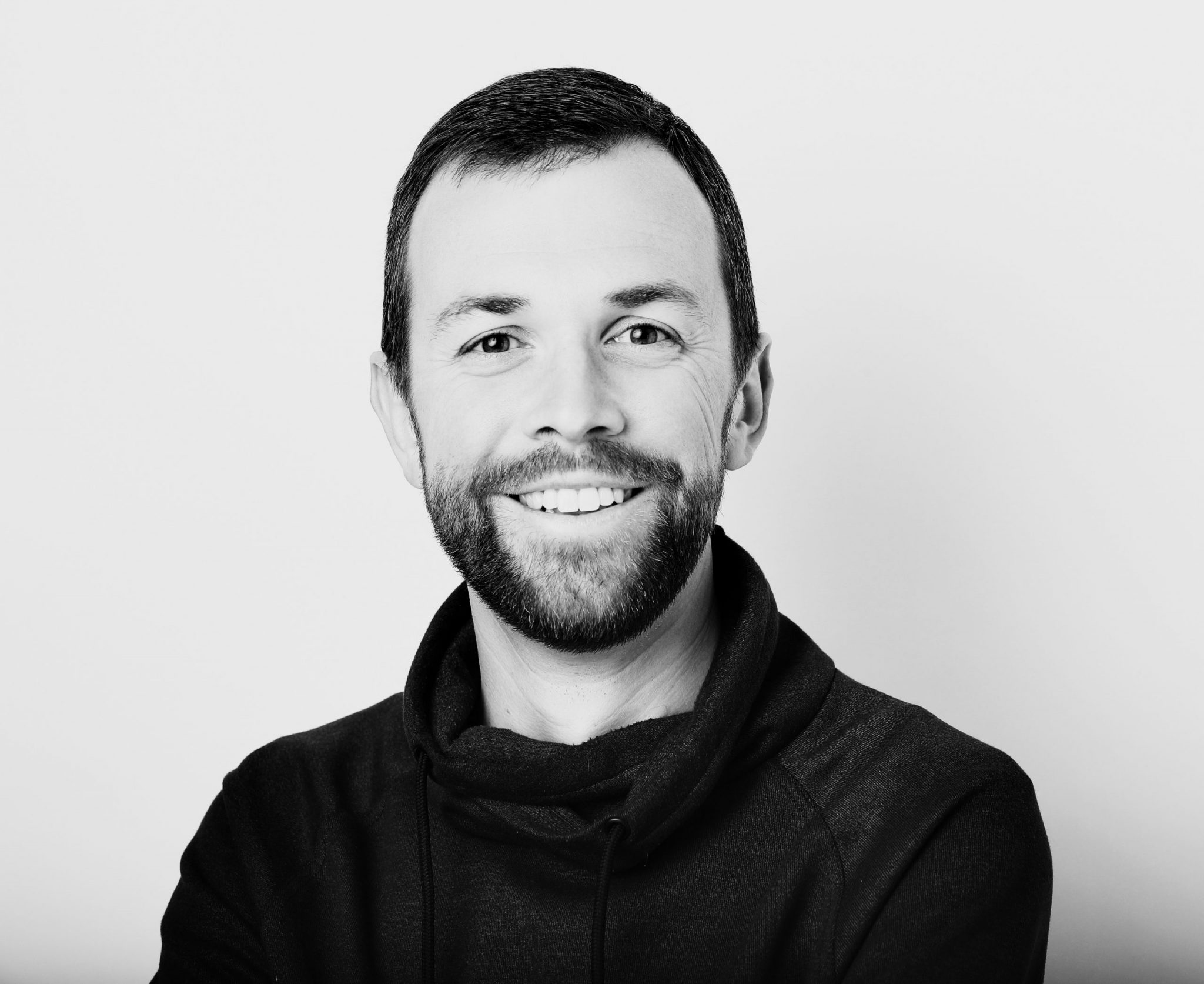
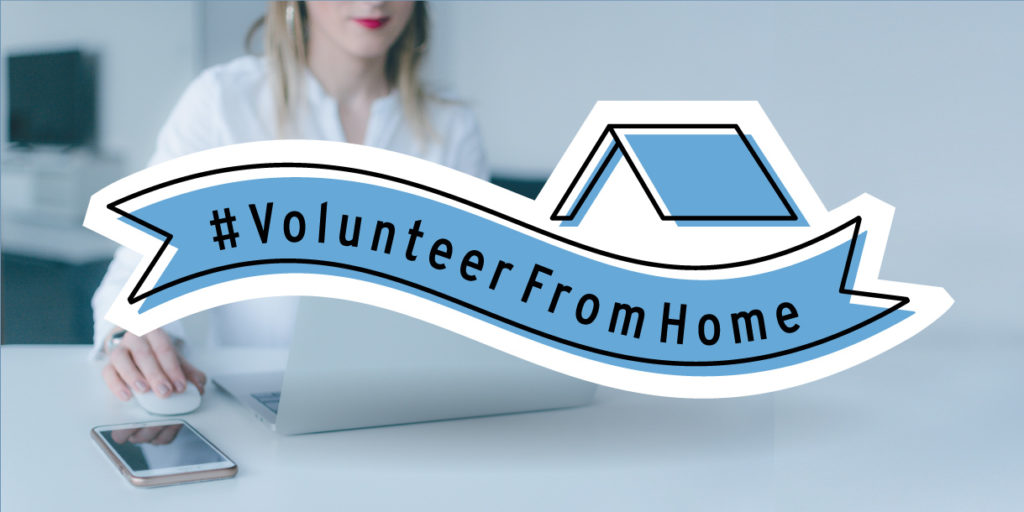
 Eoin Kernan volunteers with Be My Eyes, a free app that connects blind and low-vision people with sighted volunteers for visual assistance through a live video call. Here, he tells us about his experience of being a #volunteerfromhome.
Eoin Kernan volunteers with Be My Eyes, a free app that connects blind and low-vision people with sighted volunteers for visual assistance through a live video call. Here, he tells us about his experience of being a #volunteerfromhome.
What I love about microvolunteering is the simplicity of it. When I came across the Be My Eyes (BME) service, I knew it was something I could do with ease. As a BME volunteer, our role is to ‘bring sight to blind and low-vision people’. Through an app on our phone, we connect with visually impaired people and provide visual assistance through a live video call.
I love the specific and unique nature of the service, and the volunteer role. Anyone can do it as you don’t need particular skills; all you need is a phone. You don’t get bombarded with calls as there are a lot of volunteers signed up, but when you do get a call, it can be for a number of things. The person who requires the service rings through the app which connects to your phone.
One time a woman needed me to help her with her grocery shopping which had just been delivered to her house. There were four things on the list that she couldn’t tell what they were. In total the call took about 30 seconds. Another scenario might be helping someone get dressed. They’ll decide on whether they want to wear a red or black jumper that day, and you can tell them which is which. I’ve helped another person fill out a form, and read something off a computer screen for someone else.
You don’t need to get too personal on the calls either. The apps rings through on your phone, you work the problem through with the person, and you don’t feel you have to engage any further than that if you don’t want to.
It’s gratifying to do something in 30 seconds that’s a very simple but helpful gesture. It’s so well thought-out in its simplicity, and it works.
Learn more about how you can volunteer from home here and don’t forget to keep an eye on #volunteerfromhome!
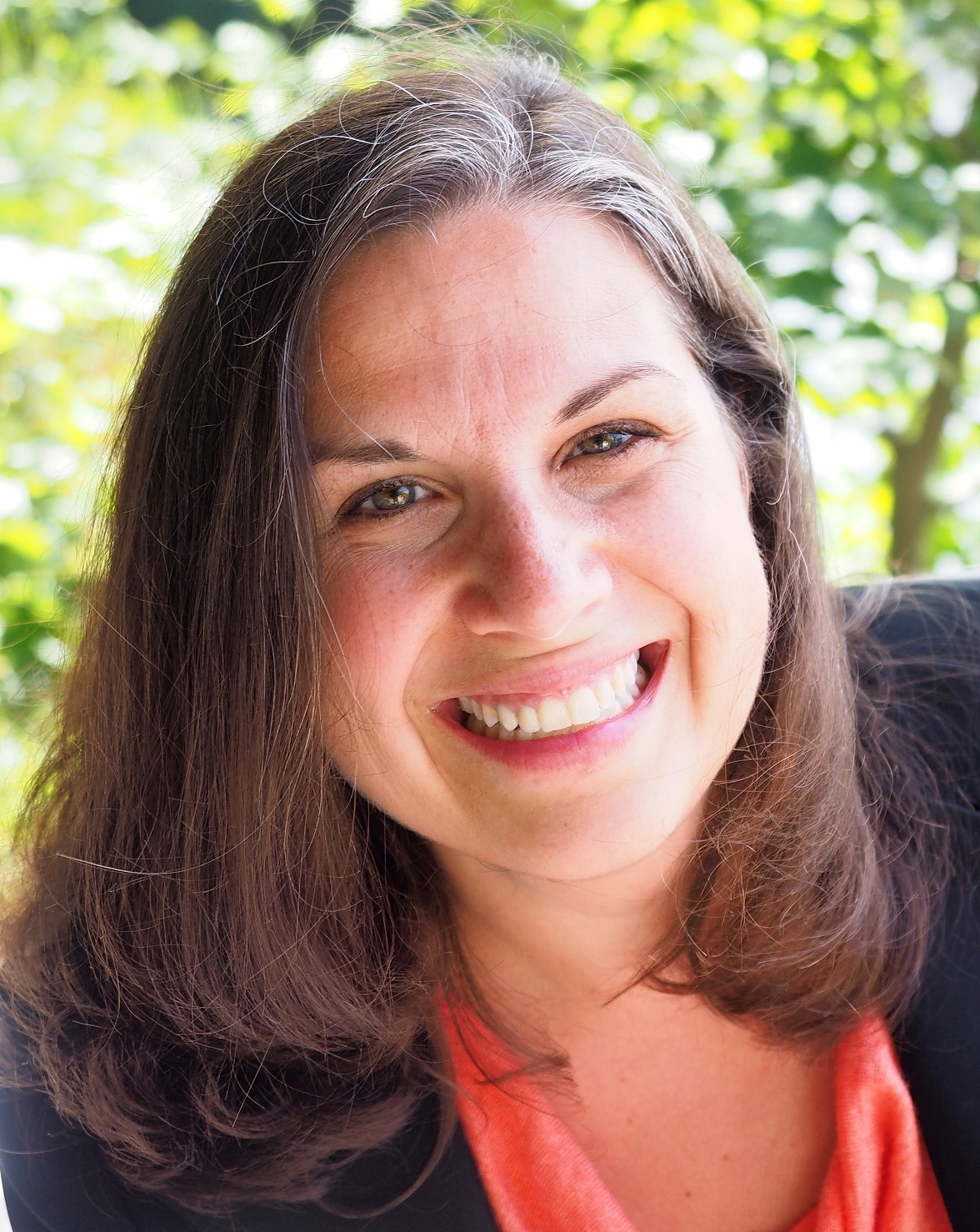

Dr. Maria Gallo is an alumni and philanthropy researcher with KITE- Keep in Touch Education and is a Research Fellow with the Community Knowledge Initiative of the Institute of Lifecourse and Society at NUI Galway. As a parent of small children she was keen to give back in a way that fit around her professional and family life. Here she tells us all about her unique volunteer role.
Virtually no options that worked for me
I started volunteering as a child. Like many, I didn’t particularly understand it as volunteering, it was simply a collective community action to clean up the park or help at local events. As a young adult, my volunteering continued: I participated on committees and boards—in my community, with my alma mater—and it became a natural part of my life. As life changes, as I discovered, so do volunteering experiences.
Now as a parent of young children, there are ample opportunities to volunteer: at the school, with sports teams and participating on boards and committees. Nothing really spoke to me as something that I could do with the limited time I have juggling work, my research and especially my family life. This is especially true since much of the volunteering is at night, which conflicts with kids’ bedtimes or during the day which is difficult with work. Does this sound familiar?
Finding a solution

I stumbled on a brilliant solution: virtual volunteering. I hadn’t even recognised it as volunteering or virtual for that matter, it was simply an activity I could immerse myself in as my time permits: 10 minutes here, 15 minutes there. Since autumn 2018, I am a member of the Parents’ Jury for the Irish Heart Foundation’s campaign Stop Targeting Kids. This campaign focuses specifically on raising awareness to the extent that the junk food and drink companies target children, which studies show can lead to lifelong unhealthy food choices and childhood obsesity. The Stop Targeting Kids campaign is calling the government to ban junk food and drink advertising to children, especially extending the broadcasting ban to 9pm.
As a member of the Parents’ Jury, I review marketing and advertisements, including those on social media and online advertising, and write complaints to the Advertising Standards Authority of Ireland. Irish food writer and bestselling cookbook author Susan Jane White, an advocate for baking with no refined sugar, is also a member of this Parents’ Jury, so I feel I am in good company.
How it works
I typically give about one to two hours per month to this virtual volunteering role. I have written complaints and promoted this campaign to fellow parents in the region. This role has really heightened my awareness of the ways that a voluntary code for food and drink marketing is not working within the junk food industry: so many of the advertisements use songs, messages and images that appeal to children. This volunteering role has sharpened my senses to this advertising and it has allowed me to talk to my children about becoming critical and discerning consumers.
 How to get involved
How to get involved
Just as my parents were active volunteers when I was a child, I want to model active citizenship to my own kids, which I believe includes giving back to the community. This virtual volunteering experience has enabled me to give back in a flexible, impactful and enjoyable way.
For anyone who wants more information on the Parents Jury or to join the campaign as a virtual volunteer, contact Helena O’Donnell of the Irish Heart Foundation: [email protected] or visit: https://irishheart.ie/campaigns/stop-targeting-kids/ #stoptargetingkids
Maria was instrumental in creating the new part-time Postgraduate Certificate in Volunteer Management and Leadership, for volunteer managers and those with an interest in volunteer management. This programme accredited by NUI Galway and delivered within the Centre for Lifelong Learning at St Angela’s College, Sligo.
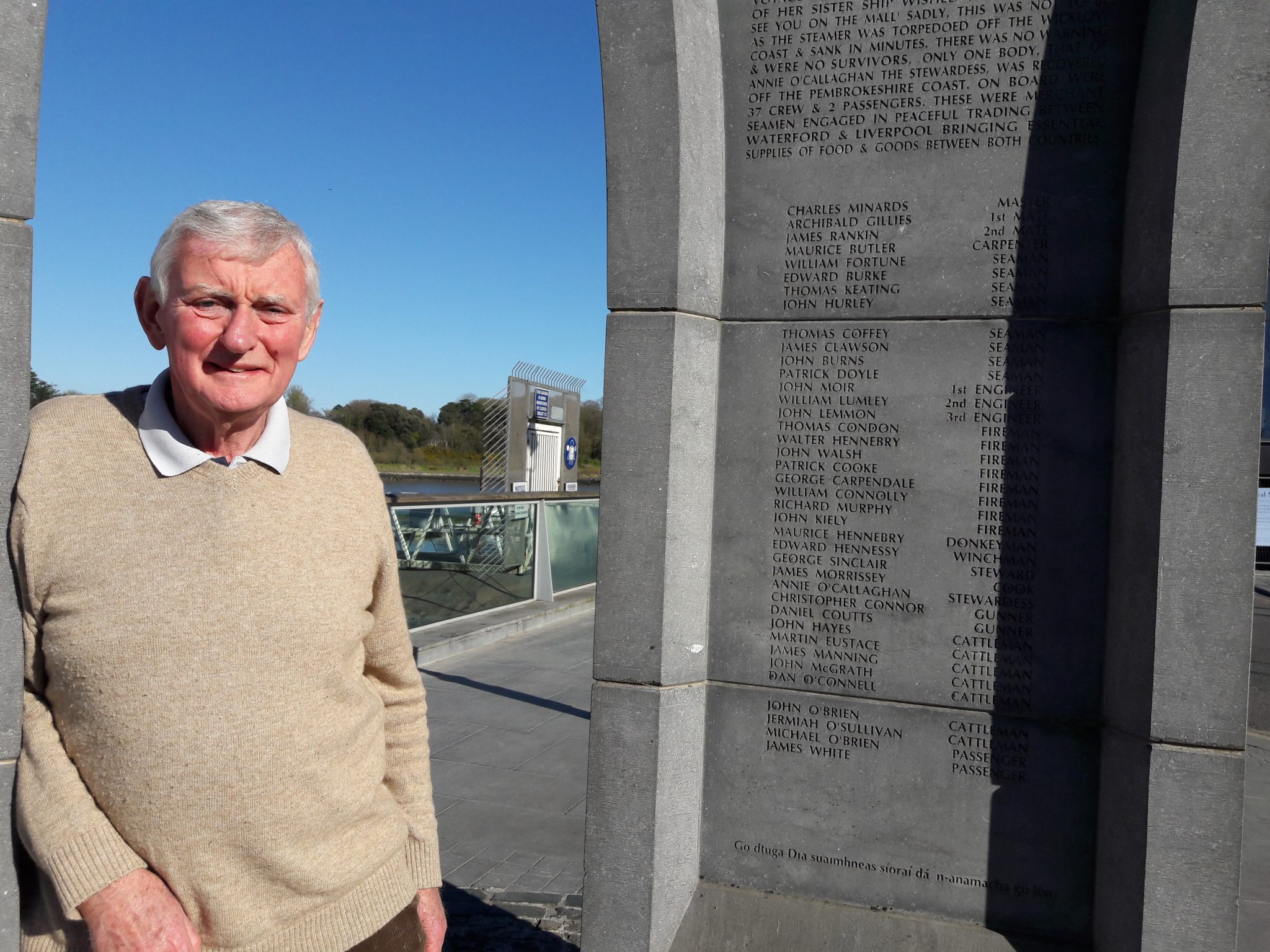
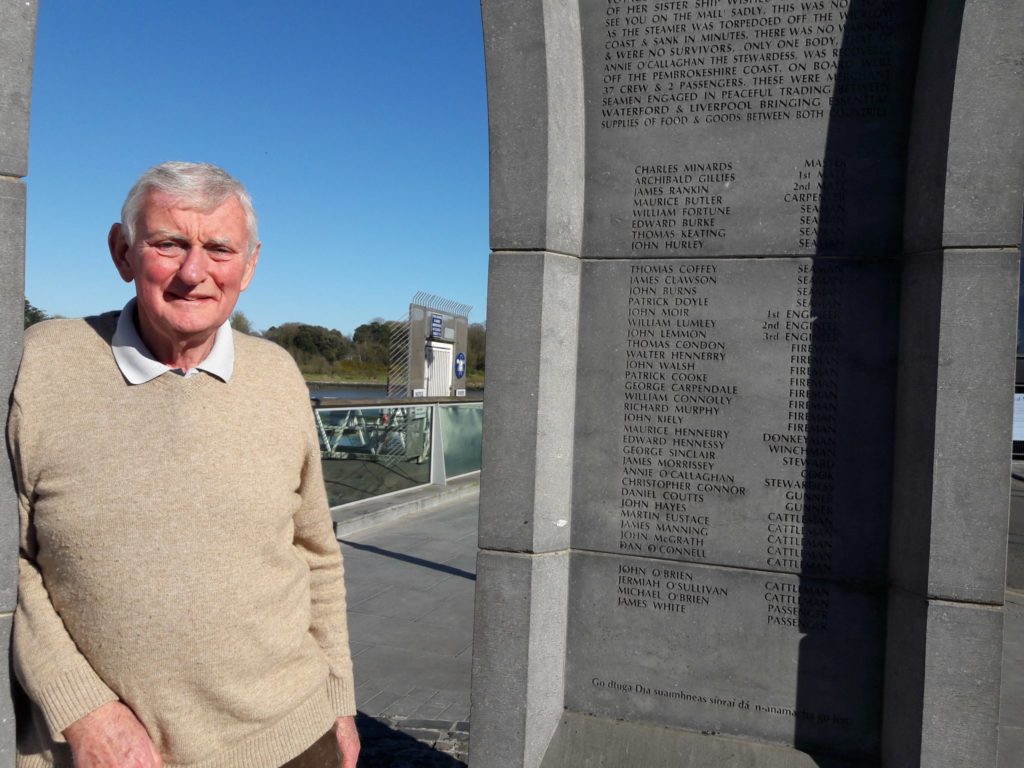
Today is the last – but definitely not least – story in our special National Volunteering Week series where we speak to seven volunteers about what they do, why they do it and what advice they have for others. Share your story with us on Twitter using #WhyIVolunteer and #NVW2019.
Jack is a retired banker who loves to play squash and sing in his local choir. Having moved to Waterford in 1969, Jack lives with his wife and has four grown up children and three grandchildren.
Jack has had many a volunteer role in his time but he currently volunteers with the Waterford Volunteering Information Service where he supports tourism in his area as a Meet and Greet volunteer every summer. This involves chatting to people, telling them about attractions in Waterford and the South East and directing them. Jack loves his role because he gets to meet all different types of people and enjoys chatting with them and hearing their stories.
Jack has also been involved in a number of committees as Chair/Secretary/ Treasurer including Dungarvan Lions, Tramore Tourism, Waterford Male Voice Choir and Waterford Choirs Association. He was part of a team that set up a choir of 240 people for the opening ceremony of the Tall Ships in Waterford in 2011.
When we asked Jack why he volunteers he said “Waterford is my home and I want to give something back to my local community. Some of the roles I’ve had like the squash club have been great because I’ve really benefitted from the club and then I was able to help it benefit others. The club gave me great enjoyment so I wanted to give some of that back.”
What advice would Jack have for someone who has never volunteered before? “Just try it, you won’t lose anything by taking that first step. The most important is to enjoy whatever kind of volunteering you do – so make sure it’s something you enjoy and you’ll get the most out of it!”
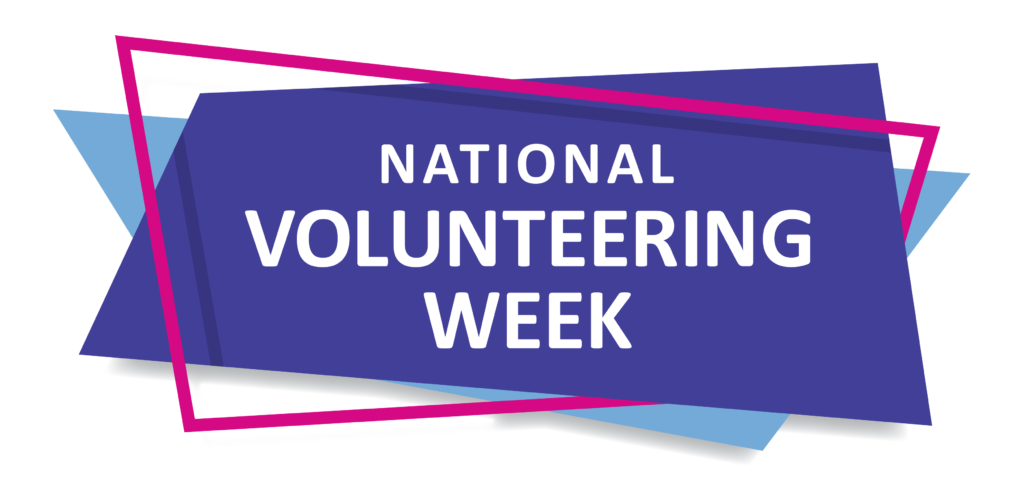
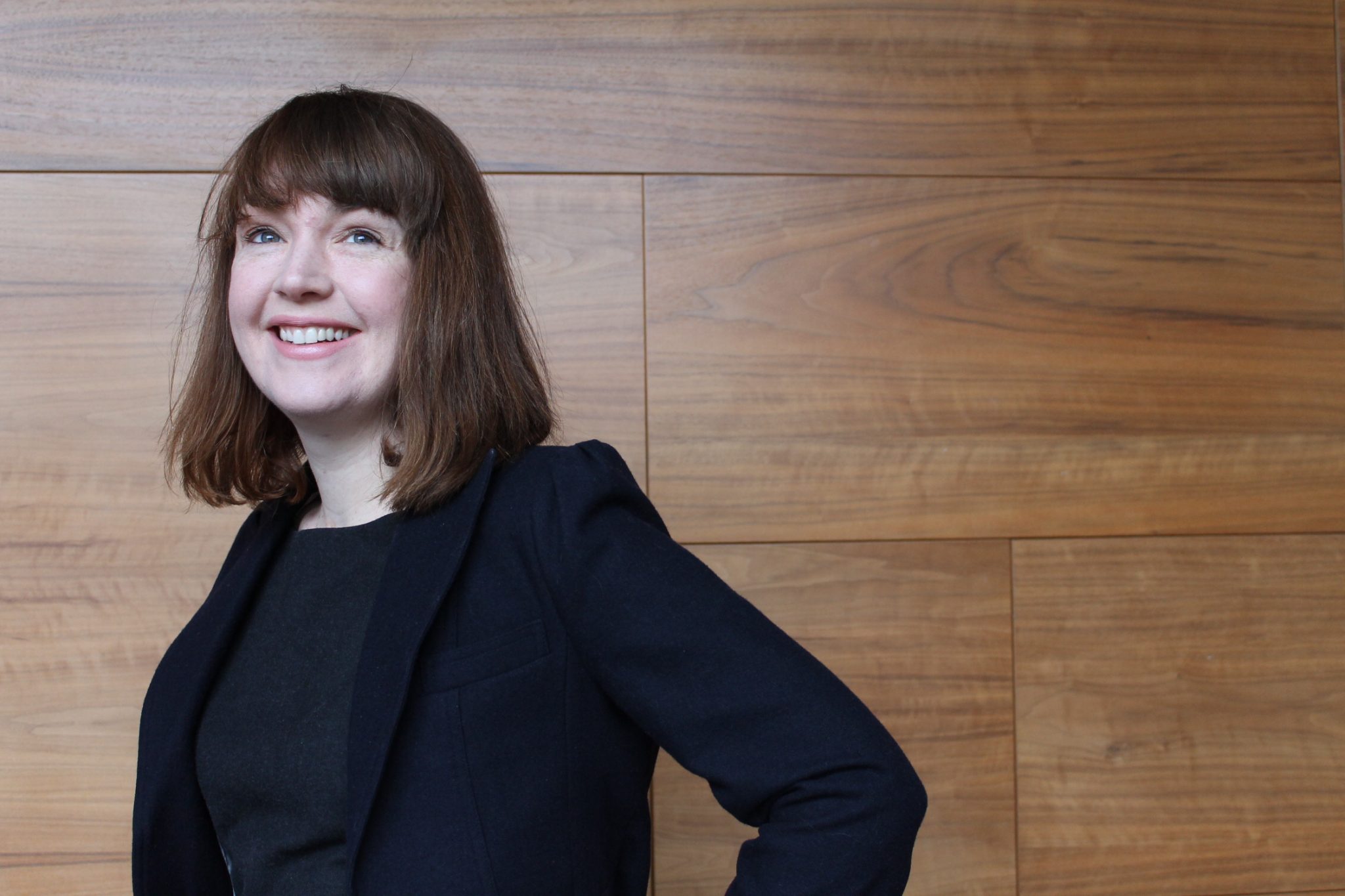
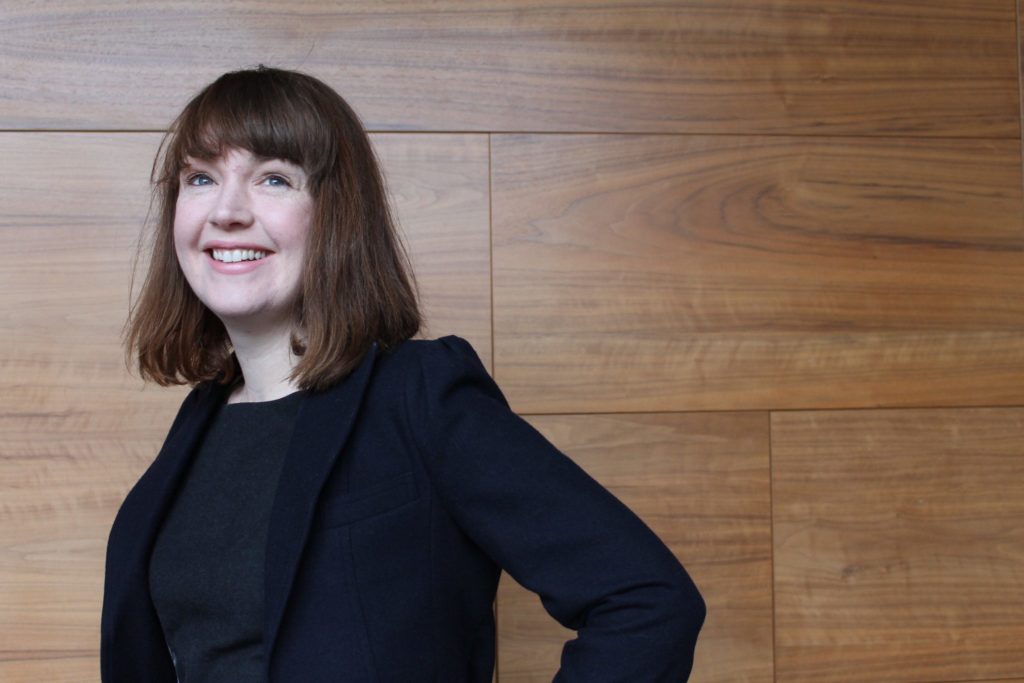
A wonderful example of skilled volunteering as part of our special National Volunteering Week series where we speak to seven volunteers about what they do, why they do it and what advice they have for others. Share your story with us on Twitter using #WhyIVolunteer and #NVW2019.
Sarah is a Research Consultant and Lecturer in social policy, leadership and management in the community, non-profit and public sector. She has worked in research, policy and management roles in a number of different national and international charities. Sarah moved to Sligo from Dublin with her husband and two young children 18 months ago.
Sarah volunteers on the board of Sligo Volunteer Centre. Given her work as a Research Consultant, she has a particular interest in evaluation, strategic planning and governance. Having been part of a non-profit board when she lived in Dublin, she wanted to find something similar in Sligo. Sarah was particularly keen to find a board volunteer role as she felt she had very specific skills that could really help a small organisation.
Since joining the board, she has taken an active role in helping the Volunteer Centre develop their new strategic plan. Aside from attending board meetings, Sarah has also used her professional skills to support the strategic planning process by analysing previous annual reports and facilitating a focus group among staff to help shape future work.
We asked Sarah if being on a board was a big time commitment given that she has her own consultancy and a young family. “The great thing about being on a board is you can be as active as you would like to be. We meet about 6 times a year but I’ve been a lot more involved this year during the strategic planning process. It can be challenging sometimes with work and childcare but in general it is very manageable, especially when meetings are planned in advance so I can organise around them”.
What advice would she give someone who never volunteered before? “I’d definitely recommend getting involved. Be realistic about the time you can give and then look at what your strengths are and find something that works for you. It is very rewarding and there are so many different volunteering opportunities out there. Even if you only have 2 hours to give every month, that’s a valid commitment and could really help an organisation. I really get a boost from seeing my skills have an impact on the Volunteer Centre. As someone who recently moved to Sligo, I also found it was a great way to learn about the area and the local community.”
